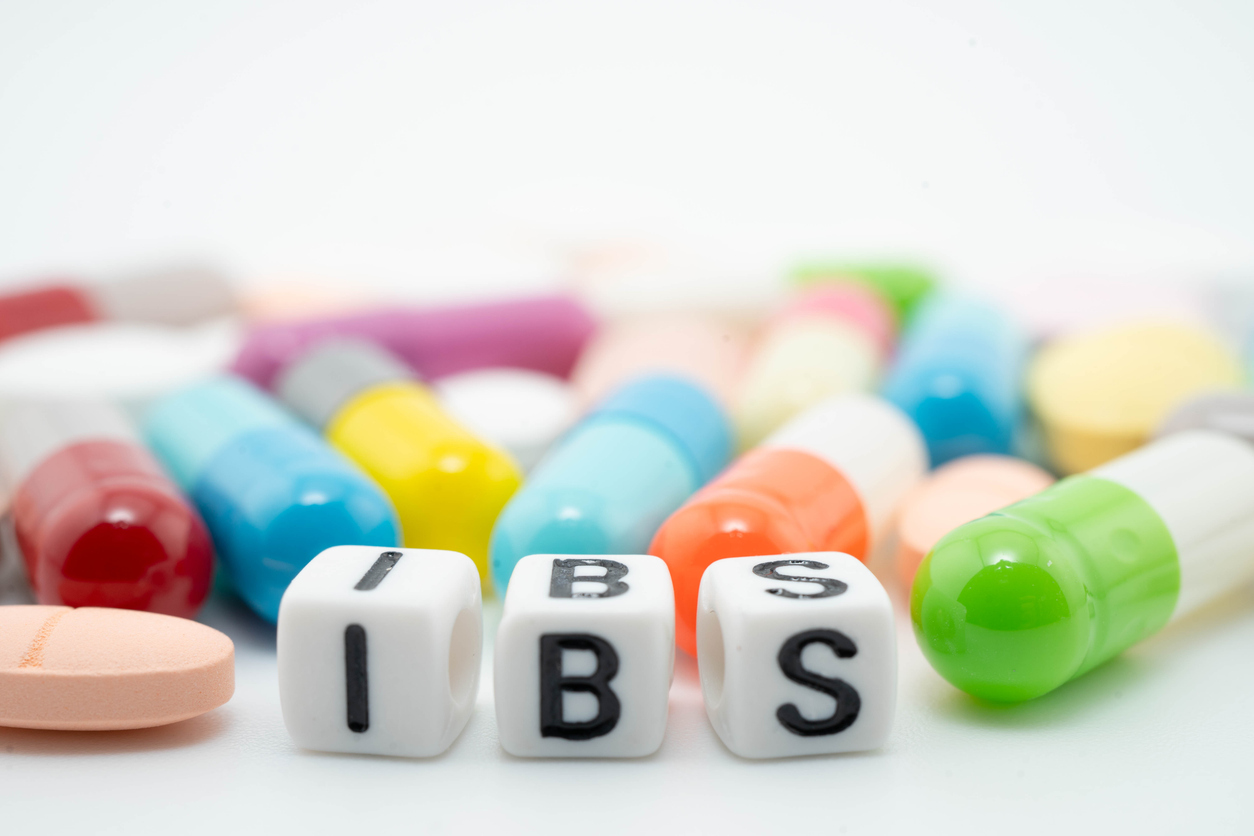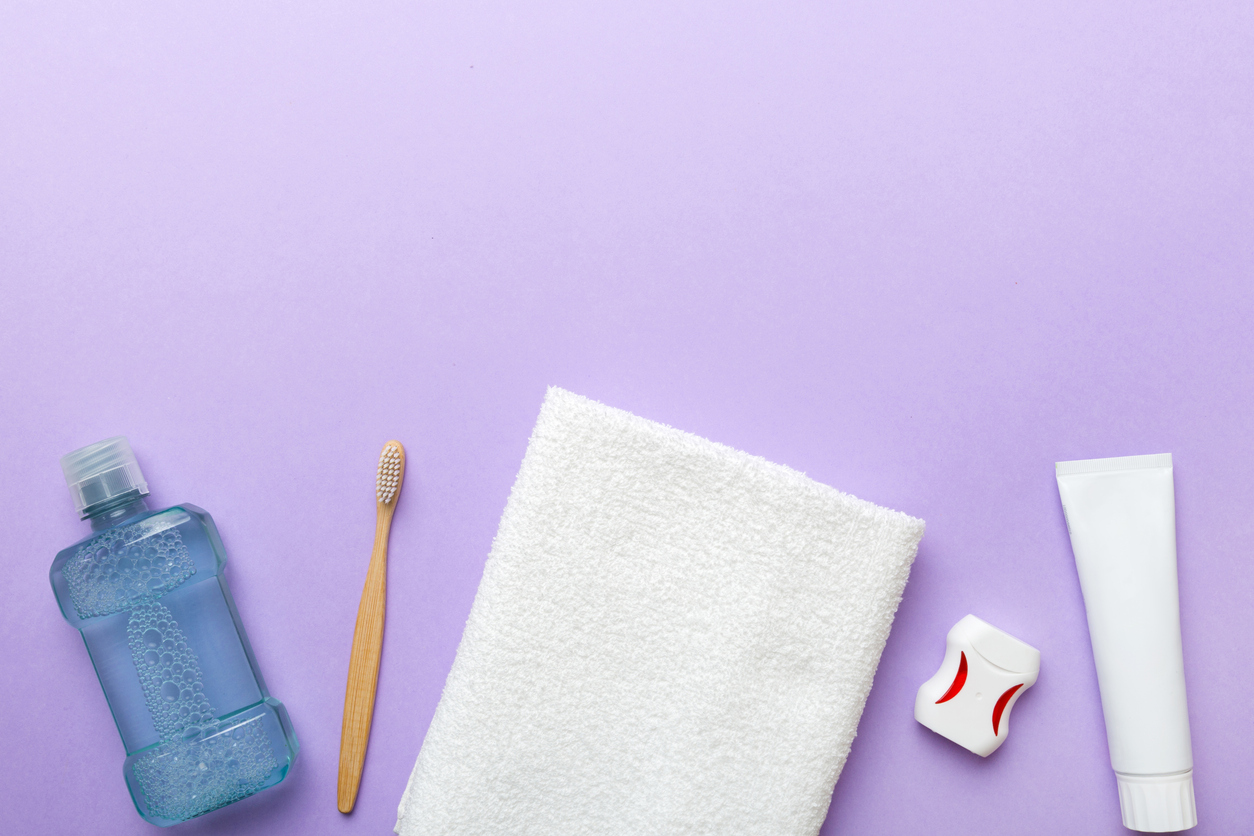Caring for an infant can be a maze of considerations but you can help with advice and recommendations
New parents, especially those welcoming their first child, might seem to go through a lot that is overwhelming, especially if they are alone and do not have the support of friends or family. Many simple issues can be stressful not just for the infant, but can be extremely troubling for the mother and father as well.
Numerous challenges encountered by a baby’s parents can be straightforward to address, yet they may appear daunting to a parent lacking proper guidance or who has been misled by contradictory information found on websites or social media. This creates a chance at the pharmacy counter to ease some of these concerns, give guidance, and make suggestions.
Several frequent challenges encountered while looking after infants involve feeding difficulties, diaper rash, fever, teething discomfort, and coughs and colds. Certainly, there are several other difficulties that may emerge during early life, but for the scope of this article, we will concentrate on these prevalent concerns.
Nutrition
The majority of infants typically obtain the necessary nutrition naturally via breastfeeding. Nevertheless, for certain mothers, breastfeeding may not be feasible or preferred for various reasons. As stated by the HSE, these reasons might encompass:
- Cluster feeding occurs when a baby desires to feed frequently during specific periods, followed by extended breaks without feeding. This might indicate that the baby prefers to feed more in the evening and less during the day, which is a typical situation, particularly during growth spurts.
- Oversupply — leading to leaking breasts — occurs when the breasts generate more milk than the baby requires. Generally, the more frequently your baby nurses, the greater amount of milk you will produce. In cases of oversupply, excessive milk is produced, irrespective of the baby’s requirements. The milk supply typically adjusts to satisfy the baby’s requirements by the time they are four-to-six weeks old, although for some mothers, it may take as long as 12 weeks for various reasons.
- Breast engorgement occurs when the breasts are overly filled with milk, resulting in hardness and discomfort, and this may cause breastfeeding issues if not addressed. Engorgement typically happens in the initial days of feeding since it may take several days for breast milk production to align with the baby’s requirements. Nonetheless, it can also occur when a baby starts solid food (termed ‘weaning’).
- Sore nipples are a frequent issue during the initial days of breastfeeding since the nipples are unaccustomed to the activity. The discomfort typically persists for a brief period, usually about one week. However, soreness that continues during breastfeeding or lasts beyond a week is not typical and consulting a GP is recommended, since this length of nipple pain can arise from various factors. Often, nipple pain may arise from inadequate positioning while breastfeeding or difficulties with attachment. Visit the HSE website for comprehensive guidance on positioning and attachment.
- Mastitis is an inflammatory condition of the breast that leads to pain, heat, and swelling, which can be severe. Mastitis can be classified into two categories — infective and non-infective — with various potential causes. Certain types of mastitis might require medication, while others can be managed at home through breast massage, heat application, rest, proper nutrition, and hydration. Other problems that may be encountered during breastfeeding include concerns around breast milk supply, breastfeeding after a Caesarian section, restarting breastfeeding after a break, or if a baby insists on breastfeeding from one side. These issues are covered in more detail at www.hse.ie.
Causes of nappy rash
Diaper rash is very frequent, and the majority of infants experience it at some point. It features red, irritated, or damp skin in the nappy region, and certain babies are more susceptible to it than others. There are several fac tors to consider, including:
• If the infant is experiencing teething.
• If the infant has recently taken antibiotics.
• The skin of a baby might react sensitively to soap, bath products, or laundry detergent.
• If the infant has remained too long in a soiled or damp diaper.
• A coarse diaper might be chafing against the baby’s diaper area.
• If alcohol-containing baby wipes are utilised.
- If the baby has a thrush infection.
The HSE advises that baby wipes should not be utilised until the baby is at least two-to-four weeks old. A light coating of protective barrier cream is advisable, while bubble baths, talcum powder, and any fragrant products are not recommended. Leaving the nappy off for a brief period during a change can often benefit the baby by soothing and cooling their skin.
If a customer is concerned about symptoms like blood in the stool, pain and discomfort during bowel movements, vomiting or fever, a bloated abdomen, or lack of growth, they should be urged to see their GP right away.
Teething problems
Teeth typically begin to emerge after about six months, and this can cause the baby to become upset. They will also dribble, and this should be cleared away to avoid soreness and irritation. Their cheeks will look red and rosy, and they will bite on their toys or hands more often than normal. Teething frequently occurs alongside a nappy rash.
A visit to the GP should be scheduled if the baby has a high fever, diarrhoea, and appears to be unwell, as these symptoms typically aren’t caused by teething.
Viral infections
Since children have not fully developed immunity to the numerous cold viruses available, it’s typical for a child to experience around eight colds within a year while they gradually strengthen their immune system.
The symptoms resemble those in adults — a sore throat typically appears first, accompanied by a blocked or runny nose, and sneezing. Though older children may recover from a cold in roughly the same time as adults, in young children, complete recovery can take as long as three weeks. In most instances of a cold in infants or young children, the issue can be managed at the pharmacy counter.
A typical temperature range for a child is from 36 to 36.8 degrees Celsius, and although it could just be a response to cold, a fever may occasionally indicate another issue. Medical help must be pursued if the child cannot be awakened or remains drowsy; if an infant breathes rapidly or makes grunting sounds; if they are frequently vomiting; if the child exhibits blotchy or pale skin; or if they emit a persistent, high-pitched cry.
Therapies and products
If you are unsure that any therapy is suitable for an infant, consult with the pharmacist on duty to discuss treatment options.
For mothers unable to breastfeed whose child has a cow’s milk allergy, Aptamil Pepti 1 800g offers a nutritionally complete solution for managing dietary needs related to cow’s milk allergy. It serves as an adequate exclusive nutrition source from birth and can substitute cow’s milk in beverages and cooked meals when weaning begins. Aptamil Pepti 1 is a highly hydrolysed formula, where the milk proteins have been broken down (hydrolysed) to minimise the chances of triggering an allergic reaction.
SMA LF Lactose Free Infant Milk 400g is a lactose-free milk designed for lactose-intolerant infants or those suffering from symptoms like diarrhoea, tummy pain, or wind due to temporary lactose intolerance, and is appropriate for babies from birth to 18 months. For older infants, it can additionally serve as an element of a varied diet.
Aptamil 1 First Infant Milk From Birth 800g is appropriate from birth for babies who do not have intolerance issues. It is a uniquely formulated product that is appropriate for babies not receiving breast milk or for those being fed a combination of both.
Also within the SMA range is SMA Pro First Infant Milk 800g, a nutritionally complete substitute for breast milk that is fortified with Omega 3. Breastfeeding is consistently recommended for babies; however, if that’s not feasible, a nutritionally-complete formula provides the necessary nutrition until they’re ready to transition to solid foods.
Certain infants are delivered with a low birth weight. During their hospital stay, these infants are assured to obtain the necessary nutrition; however, upon returning home, special formulas might be needed. Cow & Gate Nutriprem 2 Baby Formula 800g is specifically designed to cater to the nutritional requirements of premature and low birth-weight infants, aiding in their catch-up growth after leaving the hospital.
For babies who are teething, Nelsons Teetha Teething Granules come in 24 sachets and are a homeopathic remedy. It is utilized for alleviating the symptoms of teething pain and related signs, such as tender gums, flushed cheeks, and excessive drooling. It is appropriate for use on infants older than three months.
CaldeBaby Teething Gel 10ml assists in caring for your baby’s delicate gums by providing cooling relief and comfort during teething. Parents ought to rub the baby’s delicate gums with CaldeBaby Teething Gel to alleviate the pain of emerging first teeth. It contains chamomile and has no sugar.
Bonjela Teething Gel For 4 Months 15g is designed to provide immediate relief for babies experiencing pain and discomfort from teething. This teething gel is an efficient, calming gel that alleviates pain feelings while also combating infections.
The Bepanthen collection features Bepanthen Nappy Care Ointment, a breathable barrier cream that is simple to apply. It effectively aids in safeguarding babies’ bottoms from the triggers of nappy rash. It is gentle enough to be used with every nappy change to assist the most sensitive skin, as it does not contain any fragrance, preservatives, colourants, or antiseptics.
The AVEENO line-up features AVEENO Baby Daily Care Barrier Nappy Cream. This product alleviates sensitive and delicate skin in babies, shielding it from the triggers of nappy rash. The formula forms a breathable shield over the nappy area, safeguarding it from external irritants. It provides swift and enduring comfort along with noticeable enhancement in skin look.
Caldesene Powder 55g is a therapeutic powder that prevents and alleviates nappy rash; due to its medicinal properties, it combats harmful bacteria. It calms skin irritation, thereby aiding in the prevention of rashes. Its unique formulation ensures that it creates a barrier against moisture on the baby’s skin.
For coughs and colds, Colief Breathe Easy Vapour Rub 30g is a stick that can be delicately and gently applied to baby’s chest and back to aid in soothing and comforting. It can likewise be applied to a tissue or handkerchief. To prevent very young children from moving the product to their eyes or other areas of their body, the cloth must be kept entirely out of reach. It is appropriate for children aged three months and up.
The Colief range features Colief Breathe Easy Patches 3+ Years 6 Pack, which includes eucalyptus, peppermint, and lemon, designed for kids over three years old. It is a mild decongestant patch that can be placed on clothing or bedding to provide a cozy way to enhance breathing.
The Nurofen line-up features Nurofen For Children – 10 Suppositories, designed specifically for infants aged three months to two years. They are intended to facilitate the rapid absorption of ibuprofen from the suppository to swiftly alleviate and reduce pain. In addition to treating coughs and colds, they are appropriate for alleviating pain associated with teething, earaches, sore throats, toothaches, and headaches.
Bronchostop Junior Cough Syrup-200ml is suitable as a cough remedy for kids aged one and older who experience dry or chesty coughs. Bronchostop Junior contains no artificial colors, is free from lactose, gluten, alcohol, and genetically modified organisms.
Panadol Baby 120mg/5ml Oral Suspension – 100ml includes paracetamol for efficient short-term relief of fever and discomfort. It is appropriate for children with asthma who are allergic to aspirin and NSAIDs. It is appropriate for infants and kids ranging from two months to 12 years old. Panadol Baby alleviates teething discomfort, tooth pain, sore throat, as well as colds and fevers.
References on request





